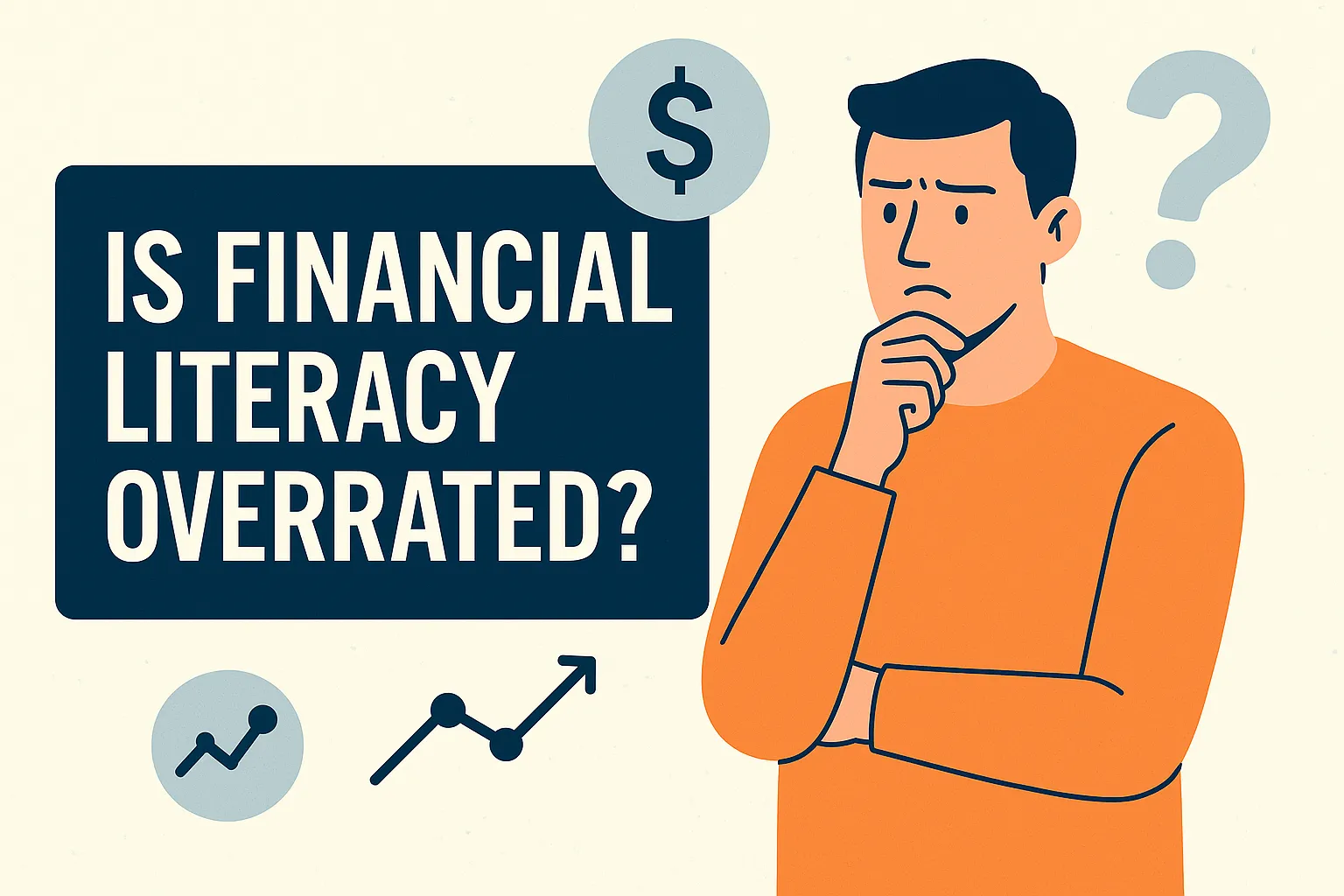Beginner's Guide to Real Estate Investing: Steps to Build Wealth

Thinking about investing in real estate but not sure where to start? You’re not alone—many people feel overwhelmed at first. But with the right information and careful planning, real estate can be a powerful way to build wealth. This guide is here to help you take your first steps with confidence, breaking down key steps and practical tips that you can use to start making smart decisions today.
Step 1: Build a Solid Financial Foundation
Before diving into real estate investing, it's crucial to understand where you stand financially and how much you can afford to invest. This includes assessing your income, savings, debts, and credit score. Real estate comes with costs—down payments, closing fees, and potential repair expenses—so knowing your financial situation upfront helps you avoid overextending yourself.
- Review Your Finances: Take a close look at your income and current debts. Have you paid off high-interest debt, like credit cards? Are your savings enough to cover a down payment and closing costs?
- Plan Your Financing: There are several ways to finance real estate: traditional mortgages, owner financing, or even lease options. Make sure you know the interest rates, loan terms, and the total cost of ownership for each.
Example: Let’s say you’ve saved $25,000, but you're also paying off student loans. Instead of jumping into a large property, consider starting with a smaller investment like a condo or a Real Estate Investment Trust (REIT) to dip your toes in.
Step 2: Choose the Right Investment
Once you have a handle on your finances, it's time to choose the right type of real estate investment. There are several options, and each comes with its own set of responsibilities and benefits.
- Hands-On or Hands-Off: Want to manage tenants and handle repairs? Owning rental properties can provide a steady income but involves ongoing management. Prefer a passive investment? REITs let you invest in real estate without the day-to-day responsibilities.
- Residential vs. Commercial: Residential properties, like single-family homes, often attract steady rental demand. Commercial properties (office buildings, retail spaces) may offer higher returns but come with greater risk and longer vacancy periods.
Hypothetical Example: If you’re busy with a full-time job and don’t have time to manage tenants or repairs, investing in a REIT might be the perfect solution. You still benefit from real estate without the hassle.
Step 3: Choose the Right Investment Type
The property’s location is one of the most critical factors in real estate investing. A property in a high-demand area with good schools, strong job markets, and growth potential is more likely to appreciate over time and attract reliable tenants.
- Research the Area: Look into the neighborhood’s crime rate, local property values, school quality, and nearby employment opportunities. Use crime rate databases or neighborhood review sites to gather useful data.
- Think Long-Term: Is the area growing? Are there any new developments planned that could increase property values?
Step 4: Property Management and Risk Preparedness
Owning a property means managing it well to ensure it stays profitable. This includes handling tenants, keeping up with maintenance, and making sure it’s always rentable. If you’re not prepared to handle these tasks yourself, hiring a property manager can help—but remember, it reduces your profit margin.
- Plan for Risks: Real estate can have ups and downs. Be prepared for vacancies, property repairs, or market downturns.
- Create a Cushion: Set aside a reserve fund for emergencies. Aim to cover 3–6 months of property expenses, including mortgage payments, taxes, and repairs.
Example: If you're a busy professional who can’t respond to tenant emergencies, hiring a property manager could save you time. While this comes with a cost, it ensures the property remains well-maintained and profitable.
Your First Step to Building Wealth with Real Estate
Real estate investing is a proven way to build lasting wealth. While it takes planning and patience, the rewards can be significant. Start with what you know now—choose your path, get educated, and take that first step. The journey may be gradual, but each smart move brings you closer to financial independence. Ready to make your investment work for you?
How optimized is your portfolio?
PortfolioPilot is used by over 40,000 individuals in the US & Canada to analyze their portfolios of over $30 billion1. Discover your portfolio score now:






